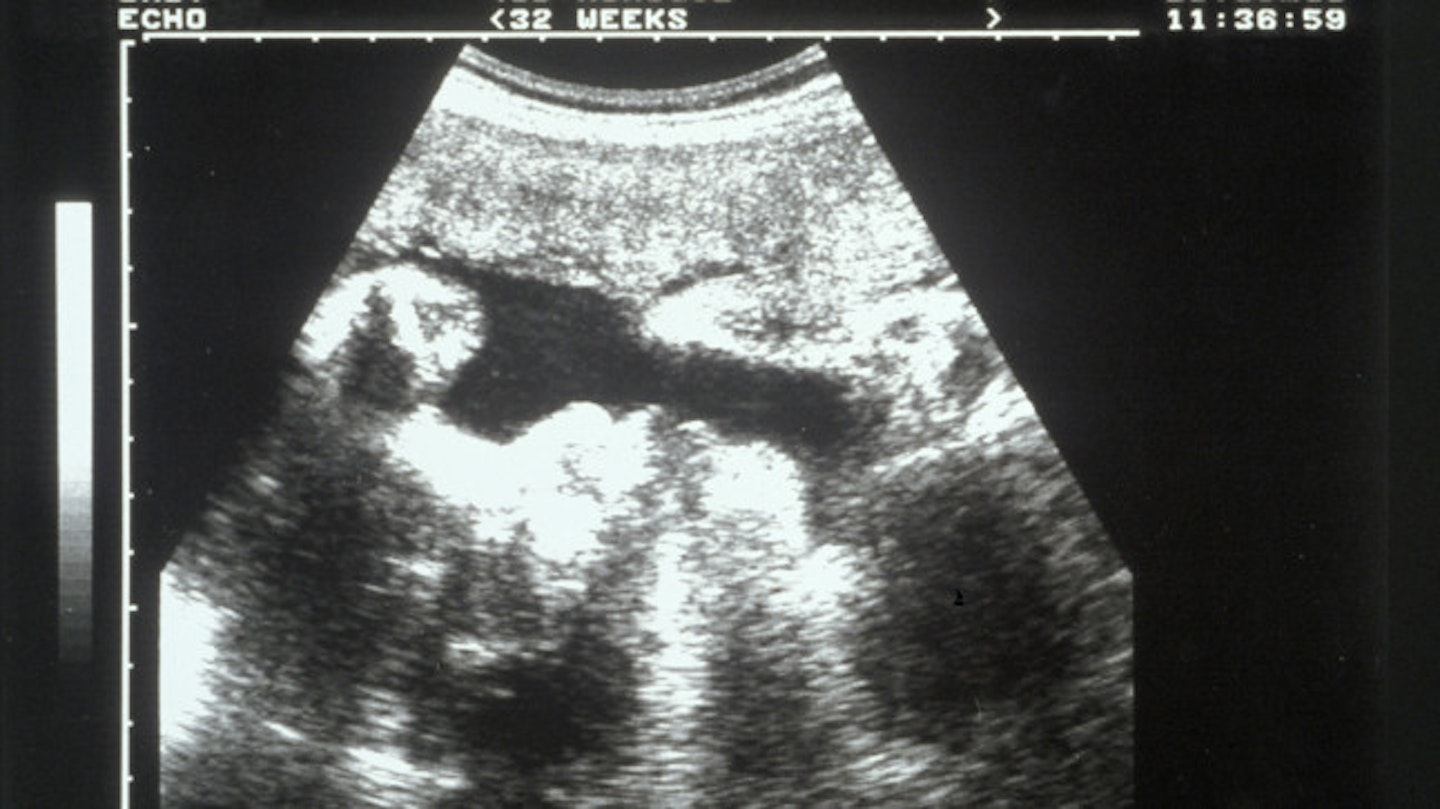Gracie Crane was born in 1998 — seven years before amendments were made to the Human Fertilisation and Embryology Act allowing children born through donor conception to trace their genetic parents.
Which means that the 16-year-old has no right to find out who her biological parents are.
Speaking with The Mail Online, Gracie has revealed that, despite having loving parents, her life has been extremely difficult; she hates not knowing where she came from.
SEE: THE CELEBRITIES WHO ADOPTED CHILDREN FROM ALL OVER THE WORLD
The teenager said: "I wouldn’t put anybody else through what I’ve been through.
"Knowing that the two people I love most don’t look like me and that I am not biologically related to them has been really tough.
"There are times I’ve wished I’d never been born — as much as I love my parents, it’s just so sad not knowing who I am and where I came from."
Gracie has spent her life trying to look more like her parents; the beautiful mixed-race teenager even tried dyeing her black hair ginger, to match her mothers, and scrubbing her skin with a pumice stone to make it whiter.
![Gracie was born via a donor IVF embryo [stock image]](https://images.bauerhosting.com/legacy/lifestyle-legacy/b1/b61c4/2b2b2/c393f/0d59e/dc81f/457f5/BDGC13_646x363.jpg?auto=format&w=1440&q=80)
READ: CELEBRITIES WHO WERE ADOPTED OR FORSTERED SPEAK OUT ABOUT THEIR EXPERIENCES
She said: "If I cannot be looked after by somebody I am genetically part of then I don’t feel I’m part of a family.
"Families are like packs, they look alike, but I don’t resemble anybody I know."
Every year 2,000 people opt for egg, sperm or embryo donation in Britain — approximately 44,000 babies have been born this way over the past 20 years.
In 2005, the law changed to allow children born after that point to find out information about their donors, as well as having the option to contact their genetic parents once they reach adulthood.

READ: STREET OF SURROGATE MOTHERS REVEAL HOW THEY COPE GIVING UP THEIR BABIES
However, the only hope that children like Gracie have of ever tracking down their biological parents is if the donors have added their details to a register, set up in 2005 by the Human Fertilisation and Embryology Authority.
Gracie's mum, Nita, said: "We thought that we were doing the best thing in having Gracie, and we still do… [Gracie] has always felt just like my own flesh and blood."
Are you surprised to hear that Gracie feels this way? Do you think more needs to be done to help children of donor IVF find out more about their biological parents?
Let us know your thoughts via the Comments Box below, or tweet us over at @CloserOnline now.
